Flexible Remanufacturing Using AI and Advanced Robotics for Circular Value Chains in EU Industry – RENÉE


Acronym
RENÉE
Started
1st January 2024
Ends
31st December 2027
Budget
€301 875
Strategic Objective
Accelerate green manufacturing
Sector
Remanufacturing / Circular Economy
Activity Leader
Nikos Panopoulos
Strategic Projects Manager
EIT Manufacturing South East
About the project
The RENÉE project aims to tackle environmental concerns in traditional manufacturing by shifting towards circular value chains in the household appliances, robotics and mobility sectors. Its main objectives are to reduce product waste and resource depletion through remanufacturing, targeting EU industries and consumers as the primary beneficiaries.
To achieve these goals, the project will utilise advanced artificial intelligence (AI) and robotics to rejuvenate used products and implement digital remanufacturing management tools and flexible production robotics. These methods will help transform the EU industry into a sustainable and efficient model of remanufacturing, significantly contributing to the EU’s goals for a greener and digitally integrated future.
Challenges
The main challenge the project aims to address is the inefficiency and environmental impact of traditional manufacturing processes. RENEE tackles this by using AI and advanced robotics to rejuvenate used products, thereby reducing waste and resource depletion.
By implementing digital remanufacturing management tools and upskilling the workforce through educational platforms, the project ensures a sustainable approach to production.
Validating these methods in sectors like household appliances, robotics and mobility demonstrates their practical effectiveness. Ultimately, the project’s focus on remanufacturing transforms the EU industry into a model of sustainability and efficiency.
Solutions
RENEE proposes flexible remanufacturing using AI and advanced robotics to reduce waste and resource depletion. These solutions were identified through extensive research on sustainable production methods.
Key features include a circular value chains configuration toolbox, digital remanufacturing management infrastructure, robot skills libraries and an educational platform for workforce upskilling.
Implementation involves deploying these tools and technologies in pilot sectors (household appliances, robotics and mobility) to validate their effectiveness. This comprehensive approach ensures practical application and maximises sustainability and efficiency in the EU industry.
Expected results
The RENEE project aims to achieve significant reductions in product waste and resource depletion through advanced remanufacturing processes. Specific targets include:
- 30% reduction in waste,
- 25% increase in resource efficiency
- upskilling 1 000 workers through the educational platform.
Success will be measured by these metrics and the successful validation of technologies in pilot sectors.
The overall impact envisioned is a transformative shift in the EU industry towards sustainability, making it a global leader in efficient remanufacturing and significantly contributing to the EU’s environmental and digital integration goals.
Participants

LMS
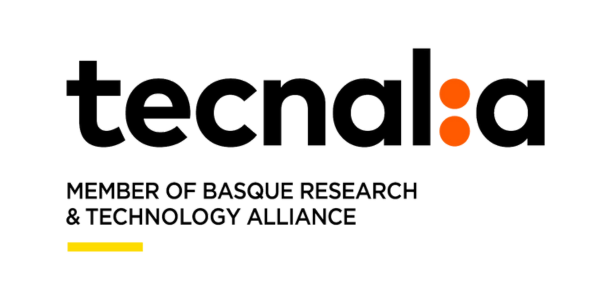
tecnalia
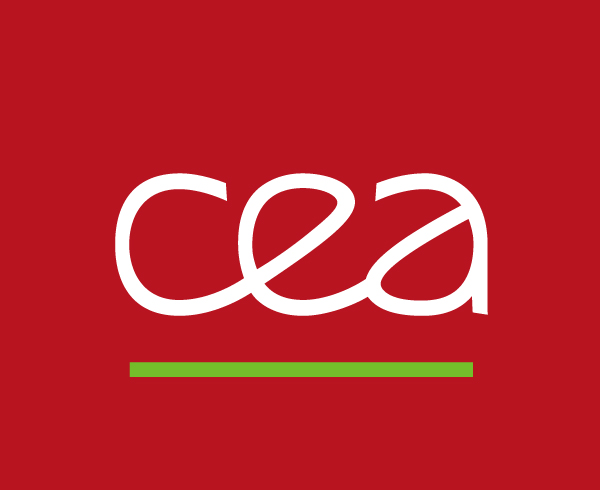
CEA
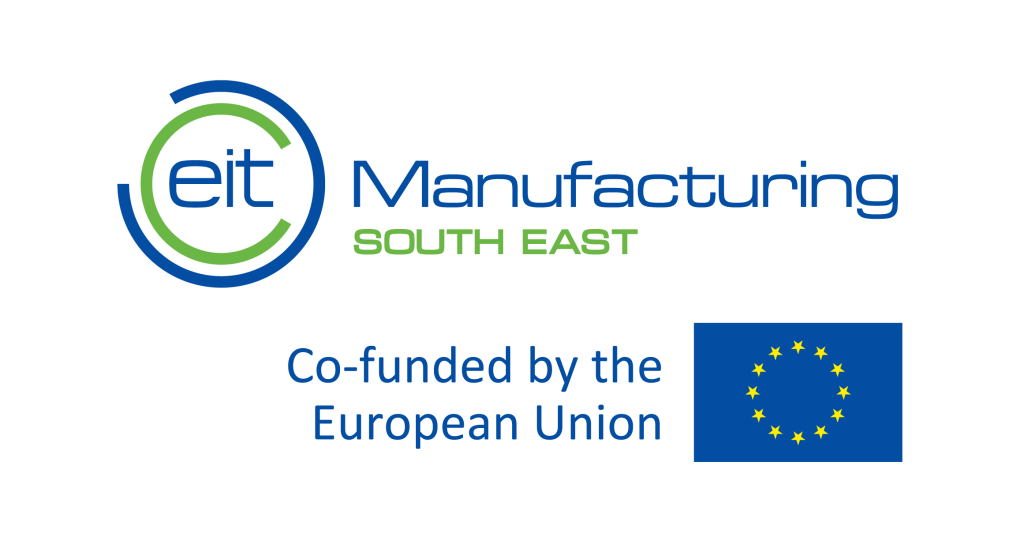
EIT Manufacturing South East
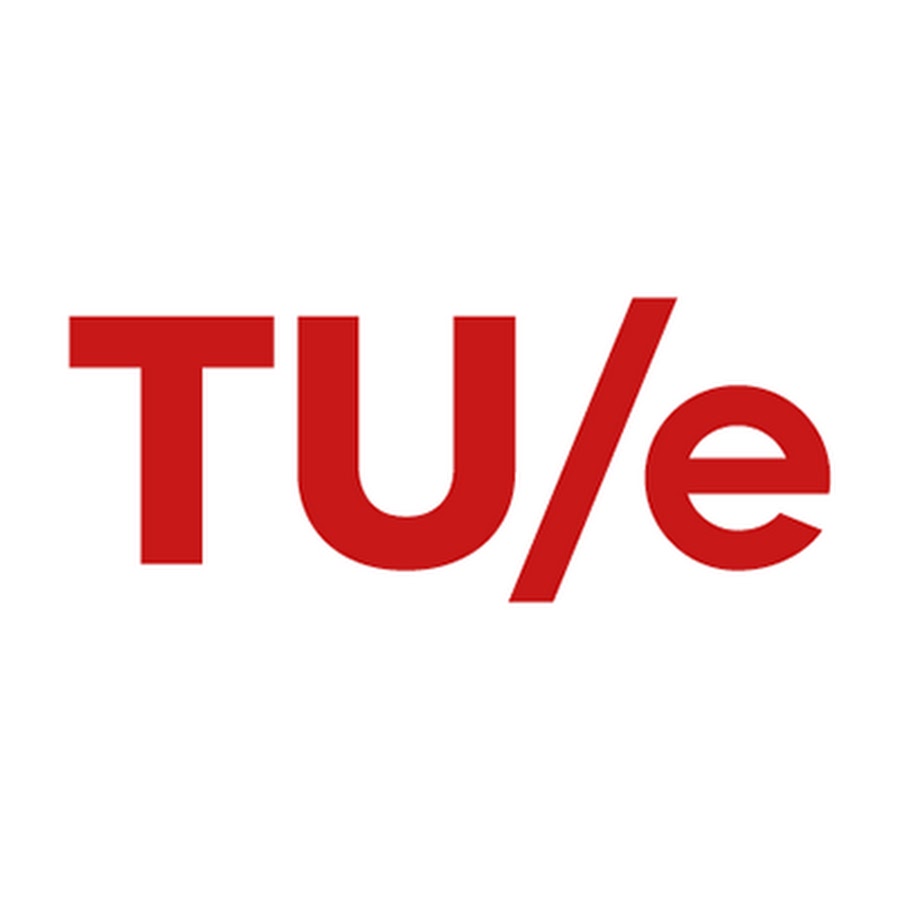
TU/e
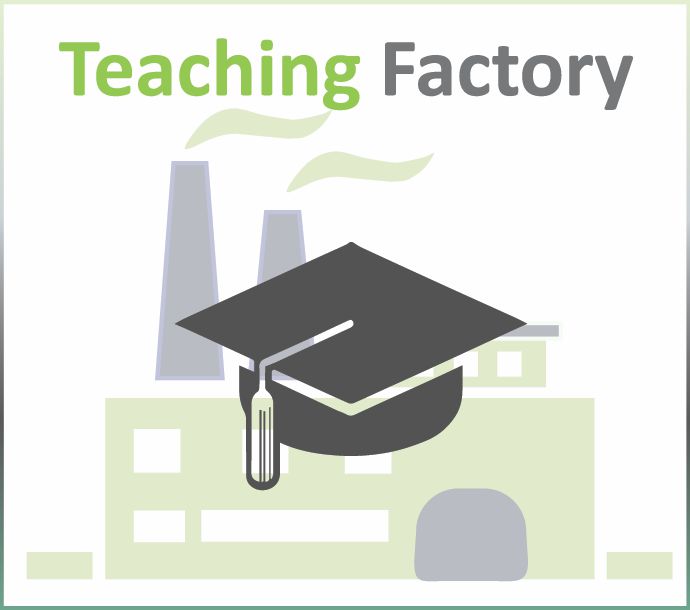
Teaching Factory Competence Center

INESCTEC

COMAU

Arcelik
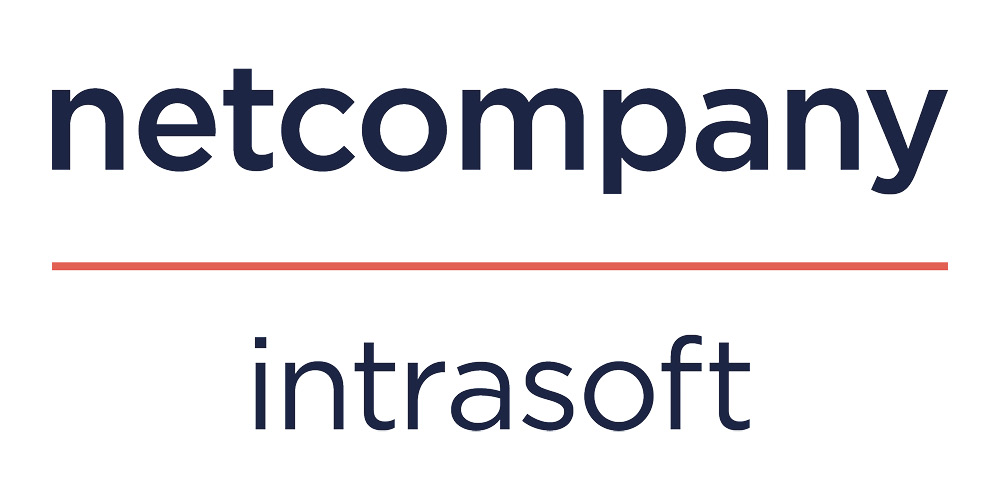
Netcompany Intrasoft

STAM
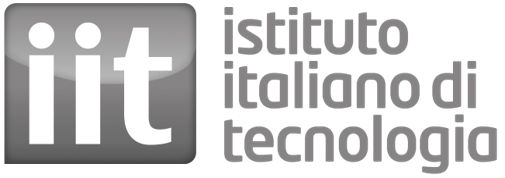
IIT

CAMPETELLA

EMOTORS
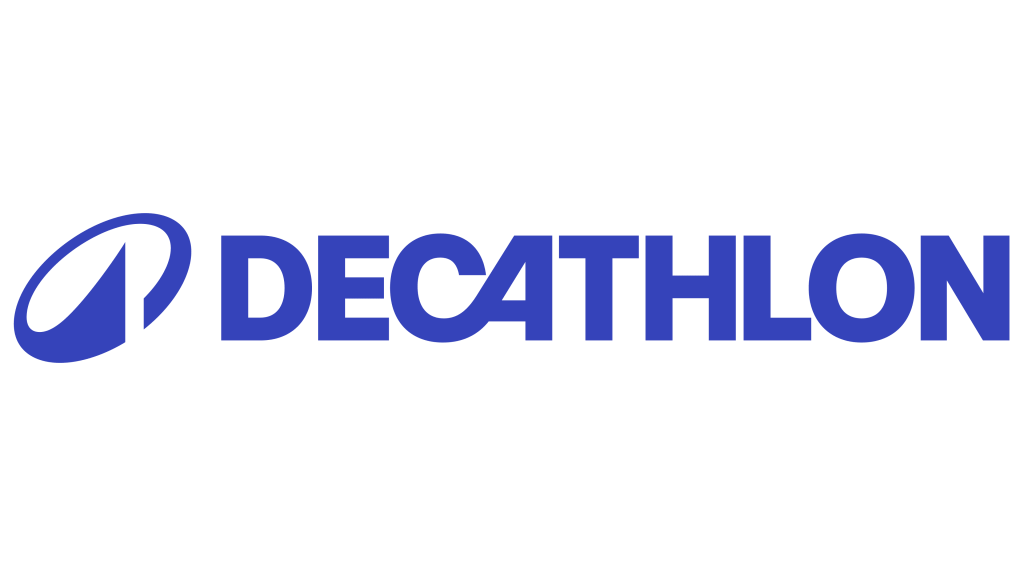
DECATHLON
![]()


